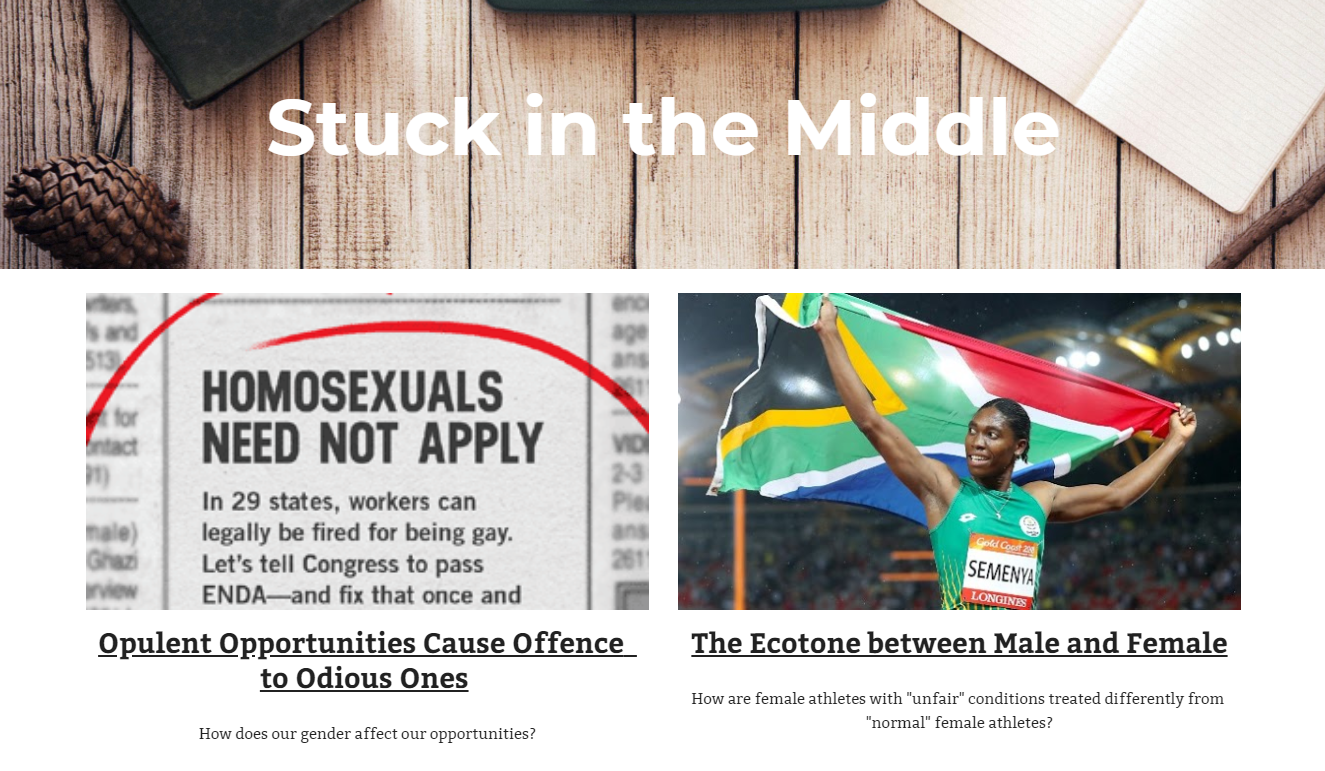I love teaching digital multimedia skills in my English high school classroom but must admit that blog writing scares me. As I slowly but surely incorporated infographics, Google maps, Edpuzzle and iMovie into my “Literature and Writing I” curriculum at Monta Vista High School in Cupertino, CA, I still stayed away from blogs. But recently I reminded myself that I tell my students to face their fears everyday. With the idea that you have to live what you teach, I signed up this past summer for a KQED Teach Bootcamp focusing on Developing and Assessing Digital Writers.
During this two week online course, I not only learned about different types of blogs, but also blog formats and how to assess blog writing itself. Blog writing, once the metaphorical equivalent of climbing Mt. Kilimanjaro, simply became a fascinating world of writing possibilities. Every participant, at the end of bootcamp, was asked to create a lesson plan focusing on incorporating blog writing in the classroom. At the time, I was planning out how to incorporate the novel Aristotle and Dante Discover the Secrets of the Universe, by Benjamin Alire Saenz, into my 9th grade curriculum and inspiration struck. After reading the novel, my students would tackle interpretive essay writing for the first time, and blog writing would be the perfect introduction to the basic skills they would need for essay writing.
Aristotle and Dante Discover the Secrets of the Universe Blogging Project was first published on KQED Teach and was completed by my four classes this first semester. Students were divided into three groups:
In each group, students generated questions under this larger umbrella topic that they would answer individually in a blog post. They learned cooperative skills of working together to brainstorm the questions, while still maintaining independence in the question selection, research and writing phases. Students then researched and answered their question, and created two rough drafts which were peer edited according to the rubric—the same way that an interpretive essay would be peer edited. I was also able to meet with my students individually to discuss voice, audience and suggest changes to their drafts. As a teacher, I found myself having conversations about their blog writing much in the same vein as I would about their essay writing.
The final step of the project asked students to hyperlink media that would enhance the information included in their blog. Students could hyperlink to websites, audio or video in their blog post of their own choosing, which they found in the research process. I was able to have valuable conversations with my students about media choices, and I also heard similar conversations occurring among peers. These types of conversations about media will turn into equivalent conversations about quote selection and analysis when we are working on essay writing.

